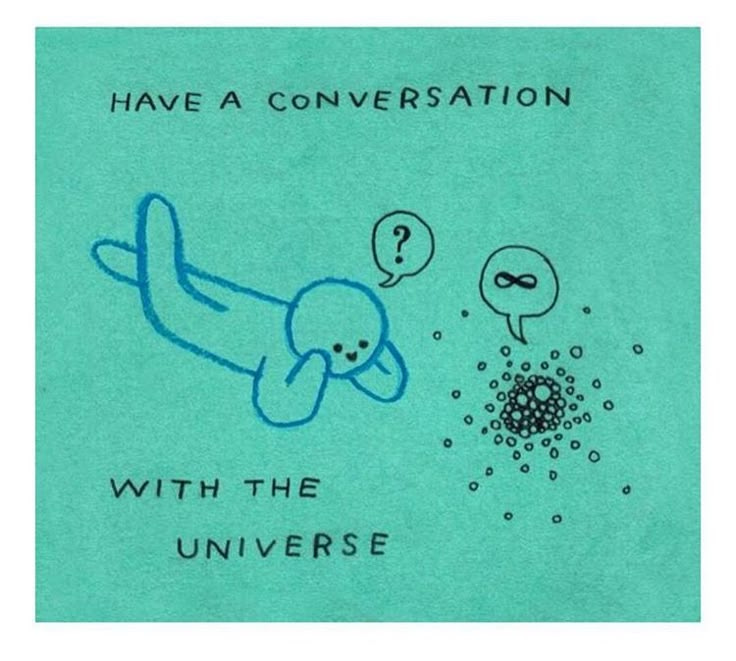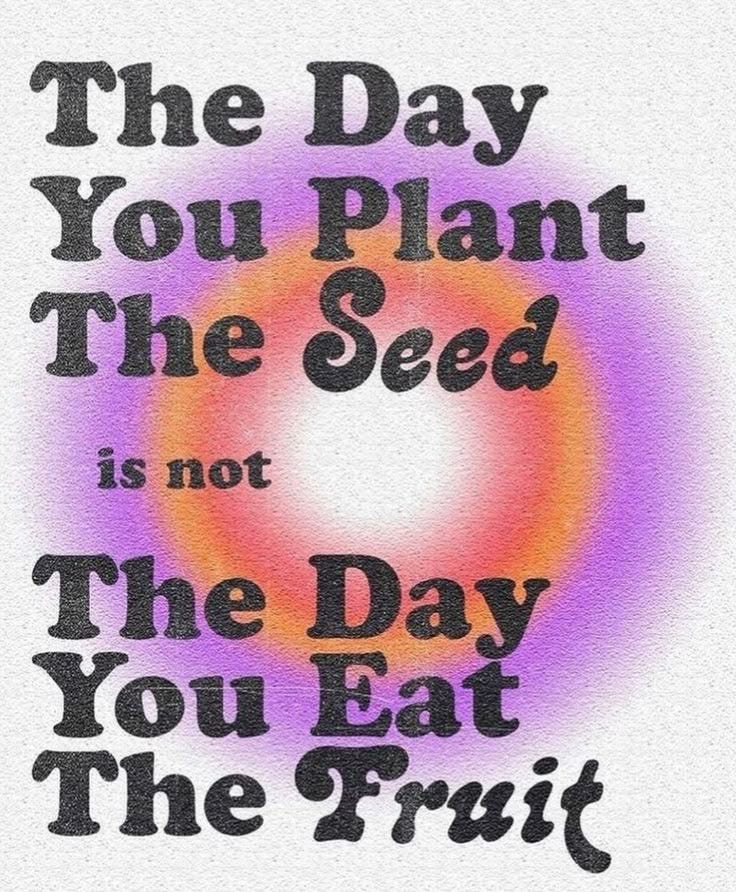I’m still pretty new to Substack, which means I’m in my “screaming into the void” phase. I consider this paying my dues in some respects. We all start from zero and we all have to do it. But it reminded me of the importance of the raw act of writing—what it means to put words on paper, even when no one else is reading them. And that’s exactly the idea I wanted to explore with this piece. On that note, I’ll make my way into the void…
We live in a world of metrics. Followers, likes, shares, comments—these have become the oxygen of the digital ecosystem, the immediate feedback loop that tells us whether our words have landed. I've been there, refreshing the page after hitting publish, waiting for the first notification to ping, the first sign that my words have found a home in someone else's mind.
You hit publish, and there's no reaction. No likes. No shares. Just silence.
That silence can be deafening. It echoes in the chambers of self-doubt where imposter syndrome waits, always ready to whisper: Maybe you're not good enough. Maybe your words don't matter. Maybe you should stop.
But writing isn't about receiving praise. It's about leaving parts of yourself for others to discover.
When did we start treating our deepest thoughts as products to be launched? When did we begin measuring the value of our expression by its immediate market response? The digital age has trained us to expect instant gratification—immediate validation that our ideas have worth.
I've watched writers, talented ones with important things to say, fade away because the metrics didn't favor them quickly enough. I've seen blogs abandoned, books unfinished, journals closed forever—all because the silence that followed seemed to confirm their worst fears.
We've forgotten something essential about writing, something that preceded retweets and engagement algorithms. Writing has always been an act of faith—a belief that your words might matter to someone, somewhere, at some point in time. Perhaps even after you're gone.
History is filled with voices that were barely heard in their time. Emily Dickinson published just ten poems during her lifetime, out of nearly 1,800 she wrote. Franz Kafka asked that his unpublished manuscripts be burned after his death. Vincent van Gogh sold only one painting while alive. The immediate reception to their work didn't match its eventual resonance.
What if they had relied on likes and shares to validate their artistic voice?
It may take days. It may take years.
I once wrote a post about struggling with uncertainty that got almost no engagement when I published it. Three years later, I received an email from someone who had just discovered it. "I needed this today," they wrote. "It felt like you wrote it just for me."
And in a way, I had. I just didn't know who I was writing it for at the time.
This is what makes writing different from conversation. Speech exists in the moment. Once spoken, words dissolve into memory. Writing, however, exists beyond time. It waits.
The words I'm writing now might not be read by you until hours, days, or years after I've written them. They might be discovered when I've forgotten I even wrote them. They might be read when I'm no longer here to know they're being read at all.
This is writing's superpower—it's a message in a bottle, tossed into the ocean of time. You never know who might find it, or when, or what it might mean to them when they do.
"But without feedback, how do I know if my writing is any good?"
This question haunts every writer, or every creator for that matter. The answer lies in developing an inner compass—a sense of what rings true to you, what feels worth saying regardless of how it might be received.
I've written things that got thousands of likes and left me feeling hollow. I've written things that nobody read that felt like the truest expression of my voice. External validation is a poor measure of authentic expression.
The strongest writers I know write first for themselves—to explore their own questions, to articulate their own confusion, to capture something they don't want to forget. They write to discover what they think. Audience comes second, if at all.
For every person who likes, comments, or shares your writing, there are many more who read in silence. They absorb your words. They carry them forward. They are changed by them in ways they might never express back to you.
The truth is that the impact of your words isn't measurable by immediate engagement metrics. The real influence happens invisibly, in the private spaces of other people's minds.
We face a difficult challenge as writers today: How do we maintain artistic integrity in a system designed to reward immediate engagement?
Algorithms favor content that generates quick reactions. They push us toward hot takes, controversy, and simplified ideas that can be digested and reacted to instantly. They reward quantity over quality, speed over depth.
But the writing that stays with us—the kind that burrows into our hearts and minds—rarely works this way. It challenges us. It makes us uncomfortable. It asks us to sit with complexity rather than rushing to judgment.
This kind of writing often needs time to find its audience. It needs to be discovered rather than promoted. It needs space to breathe.
Writing without immediate validation requires patience. Not just the patience to wait for your audience to find you, but the patience to develop your voice in the first place.
Good writing rarely emerges fully formed. It comes from practice—from writing badly, from making mistakes, from finding your way through the dark. It comes from writing when nobody is watching, when nobody is cheering you on.
But keep writing, regardless.
Keep writing through the silence. Keep writing through the self-doubt. Keep writing through the fear that nobody cares what you have to say.
Because the truth is, you don't know who needs your words. You don't know whose life might be changed by the perspective only you can offer.
When I was cleaning out my grandmother's house after she died, I found a journal she had kept. In it were thoughts she had never shared with anyone—reflections on raising children, on watching them grow up and leave home, on the bittersweetness of seeing her role change over time.
I never knew she struggled with these things. I never knew she had such profound insights about life and love and loss. Reading her words years after she wrote them, I felt like I was having a conversation with her across time—a conversation we never had when she was alive.
This is the power of writing. It allows us to leave parts of ourselves behind—the parts we might not know how to share in person, the parts that might only make sense to someone else years from now.
The best writing finds its true audience eventually. It might not be the audience you expected. It might not be the largest audience. But they will be the people who resonate most deeply with what you have to say.
I've come to believe that there's a law of conservation of attention when it comes to writing. The deeper and more authentic your work, the fewer people will connect with it—but those who do will connect more profoundly.
Mass appeal often requires sanding down the edges that make your perspective unique. It means avoiding the specificity that makes your voice yours alone. The writers who reach millions often say things that could be said by anyone. (This is what I find myself doing on 𝕏 and is one of the biggest reasons I’ve become so bored on that app)
But the writers who reach a thousand people who truly need their specific perspective have created something irreplaceable.
"That's all well and good," you might be thinking, "but I need people to read my work to make a living."
This is a real concern. The attention economy rewards certain kinds of content creation over others. Algorithms favor frequency and immediacy. Monetization often depends on scale.
But even here, there's reason for hope. The internet has made it possible to find your thousand true fans—the people who value your specific voice enough to support your work financially. You don't need everyone to read what you write. You just need enough people who truly value it.
The most sustainable writing careers don't come from chasing trends or optimizing for algorithms. They come from consistently creating work that couldn't have been created by anyone else—work that speaks to your specific audience in ways they can't get anywhere else.
Writing that doesn't receive immediate validation isn't necessarily writing that will never be valued. Often, it's writing that's ahead of its time, writing that requires context to appreciate, writing that needs to find the right readers.
And writing compounds over time. Each piece you create builds on the last. Your voice develops. Your perspective deepens. Your ability to articulate complex ideas improves.
The writer who publishes consistently—who keeps putting words into the world regardless of the immediate response—builds a body of work that can't be ignored forever. This body of work also begins to function as cross-references over time. You can lead your reader down many paths from a single piece because you have more work to point to. This requires we keep writing.
So here's what I want to say to you, the reader who has found these words:
I don't know when you're reading this. I don't know if these words found you immediately or if they waited for years to reach you. I don't know if they're being read by many or if you're the only one who has discovered them.
But I wrote them for you.
I wrote them because I've felt the sting of silence after hitting publish. I've questioned whether my words matter when they don't immediately land. I've been tempted to stop writing altogether when it seemed like no one was listening.
And yet I kept going—not because I'm braver than anyone else, but because I've come to understand that writing isn't just about the immediate response. It's about creating something that exists beyond the moment, something that might be exactly what someone needs at a time I couldn't have predicted.
So if you're a writer facing that silence, if you're wondering whether it's worth continuing when there's no immediate validation, I want you to know:
Your words matter. Your perspective matters. The unique way you see the world matters.
It may take days. It may take years. But somewhere out there is a reader who needs exactly what only you can give them.
Keep writing, regardless.
Because the true value of writing isn't measured in likes or shares or comments. It's measured in human connection—in the quiet moment when your words find the person who needs them, even if you never know it happened.
And that moment is always worth writing for.
Until next time, xo




















Did not have time to finish before starting work but wanted to give some immediate validation, outstanding beginning, think I like where it's going, good finish (I read the last paragraph before commenting to make sure you didn't make a 180 somewhere in there). Will try to post a thoughtful reply tonight
love this one
restacked